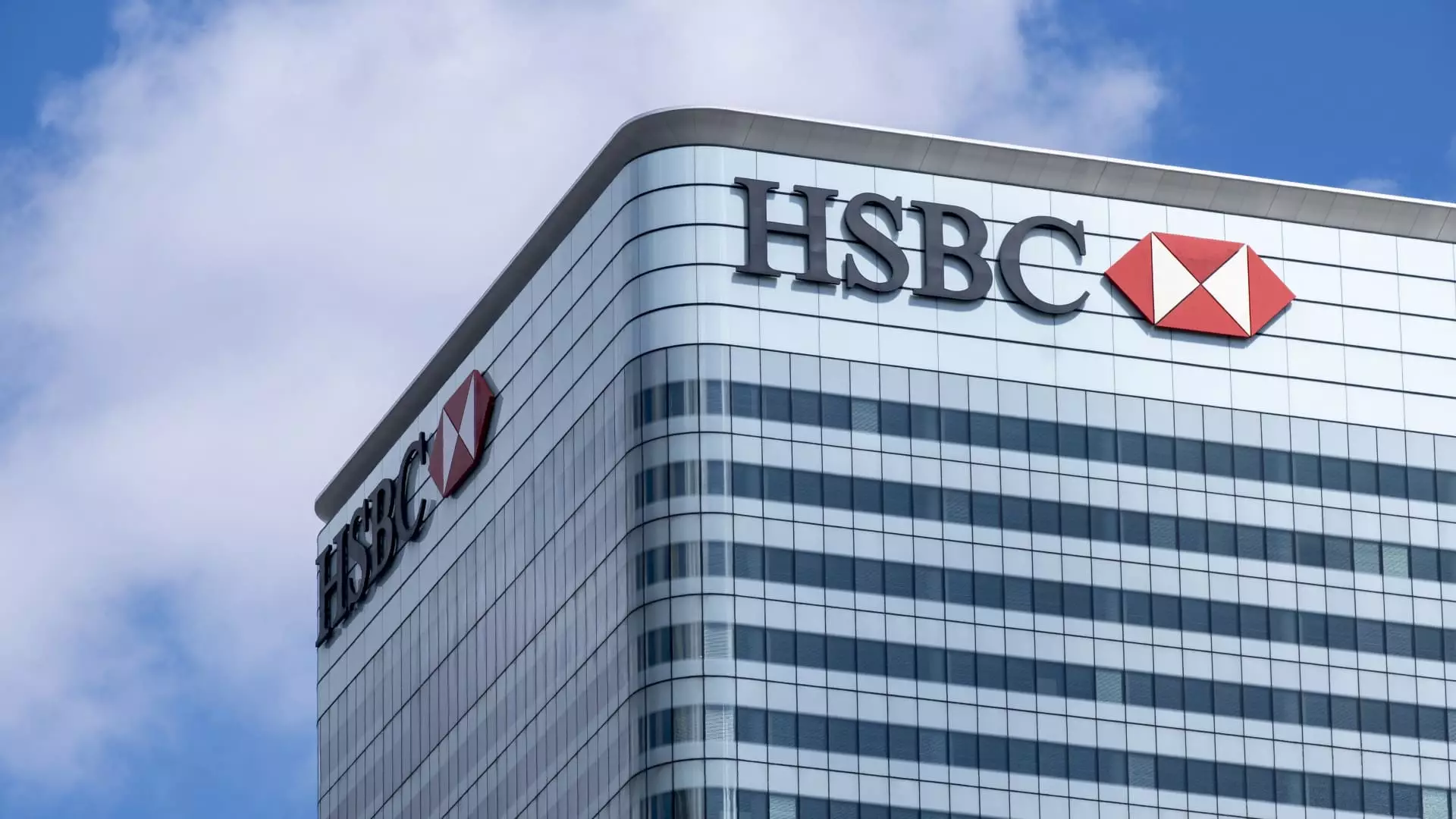HSBC, the largest bank in Europe, recently released its third-quarter earnings, showcasing remarkable performance that exceeded analysts’ forecasts. With a reported pre-tax profit of $8.5 billion, the bank not only surpassed the estimated $8 billion but also marked a significant 10% increase compared to last year’s $7.71 billion profit. This impressive financial outcome is largely driven by robust revenue growth in its wealth and personal banking divisions, emphasizing the bank’s resilience in a competitive market.
Accompanying this positive financial report is HSBC’s announcement of a substantial $3 billion share buyback, which raises the total share repurchase amount to $9 billion announced throughout the year. This strategic move underlines the board’s confidence in the company’s ongoing performance and commitment to providing shareholder value.
Turnover also demonstrated strength, with the bank generating $17 billion in revenue—an increase from $16.2 billion in the same quarter last year. While these figures illustrate growth, it is worth noting that the net interest margin—a crucial indicator of borrowing profitability—fell to 1.46%, down 24 basis points from 1.70% a year prior. This decline stood below industry benchmarks which had anticipated a margin of 1.56%, perhaps indicating slight pressure on lending performance.
The bank managed to increase its profit after tax to $6.7 billion, which is $500 million more than last year’s performance in the third quarter. This improvement could be a testament to effective cost management and strategic investments amid the evolving financial landscape.
Strategic Overhaul Signals Future Ambitions
Not just resting on its laurels, HSBC has also unveiled plans to streamline its operations through a significant restructuring initiative. The bank aims to divide its operations into four distinct business units: Hong Kong, the U.K., international wealth and premier banking, and corporate and institutional banking. This structural overhaul arrives amid the recent appointment of its first female finance chief, marking a pivotal change in leadership and cultural perspective within the organization.
Georges Elhedery, HSBC’s CEO, stated that this reorganization aims to create a “simpler, more dynamic, and agile organization” that will respond swiftly to market demands. The changes are set to take effect in January, which could position HSBC more favorably within the financial sector and enhance operational efficiency.
As HSBC embarks on this new chapter while sharing optimistic earnings results, the momentum from the third-quarter performance alongside the restructuring efforts sets a promising tone for the months ahead. Shareholders can look forward to improved returns, both through share repurchases and anticipated growth from the newly established business units. The company’s strategic direction and sound financial performance present a picture of resilience and adaptive planning amid challenging economic circumstances.
Overall, HSBC appears poised not just to maintain its status as Europe’s leading lender but to potentially redefine itself in an evolving financial landscape.


Leave a Reply